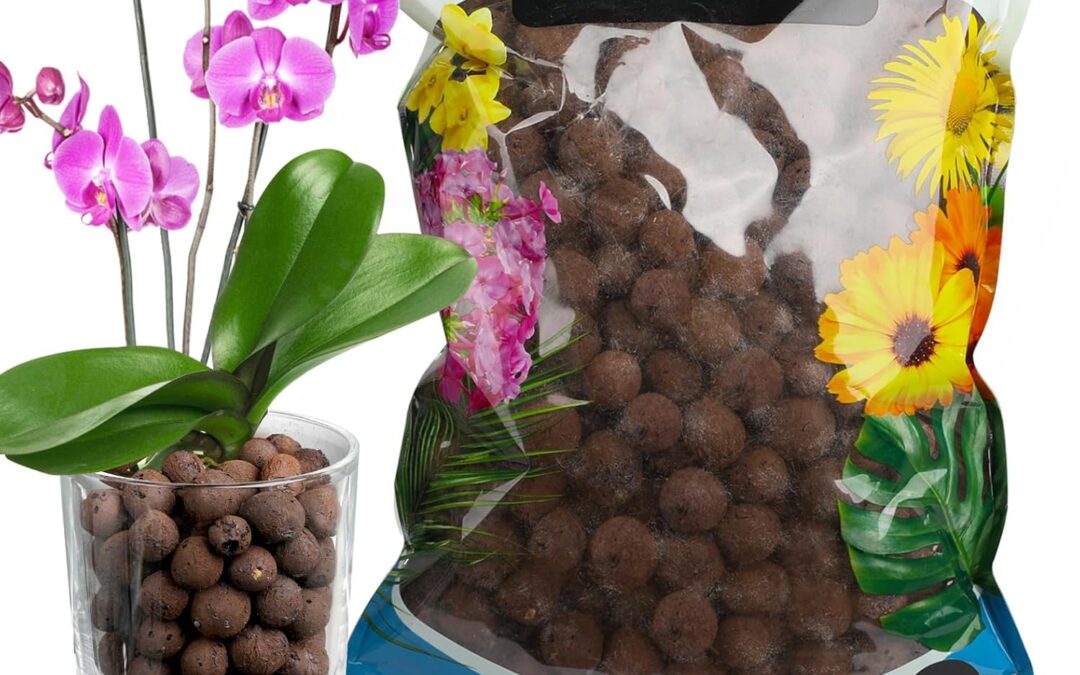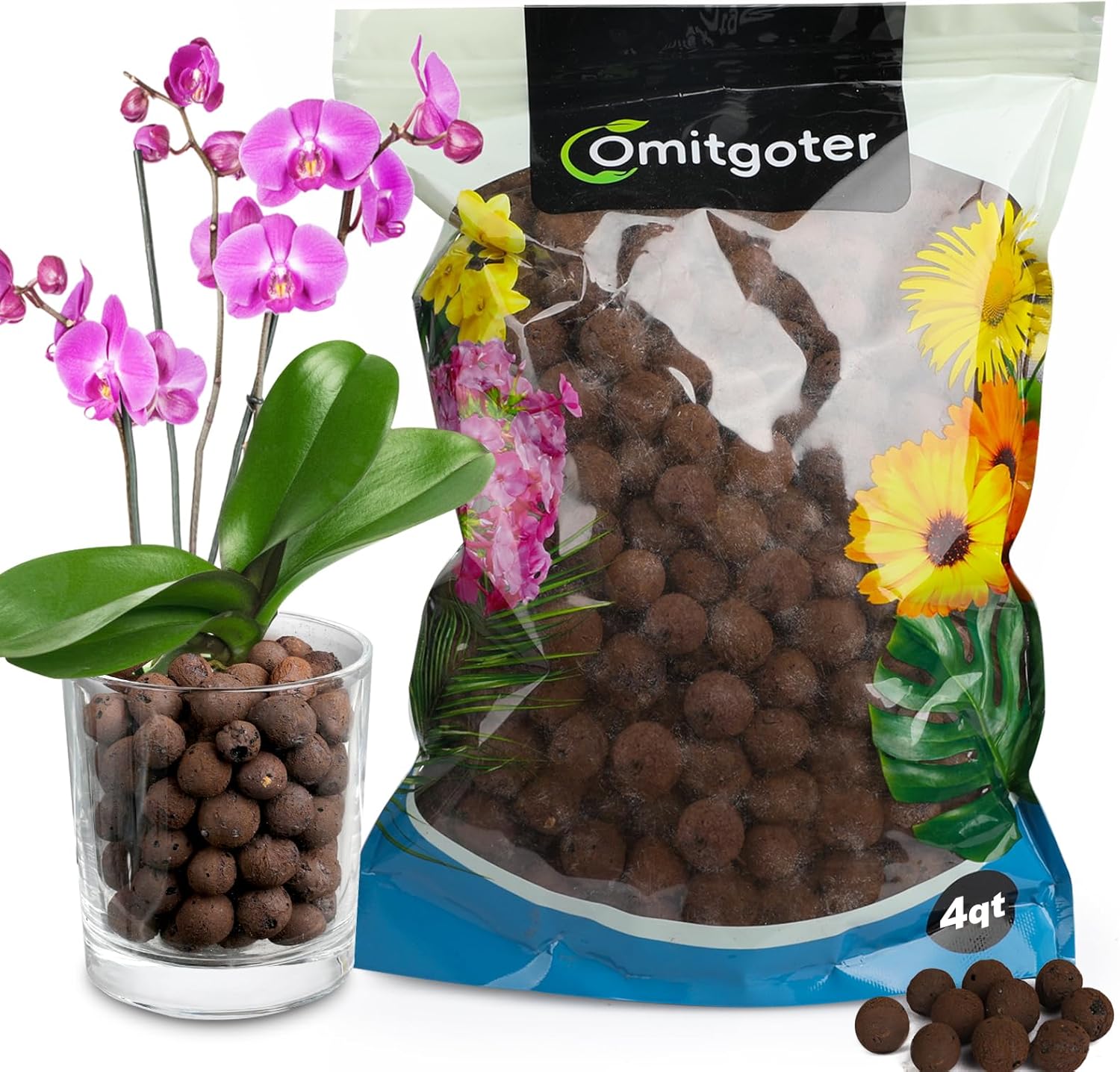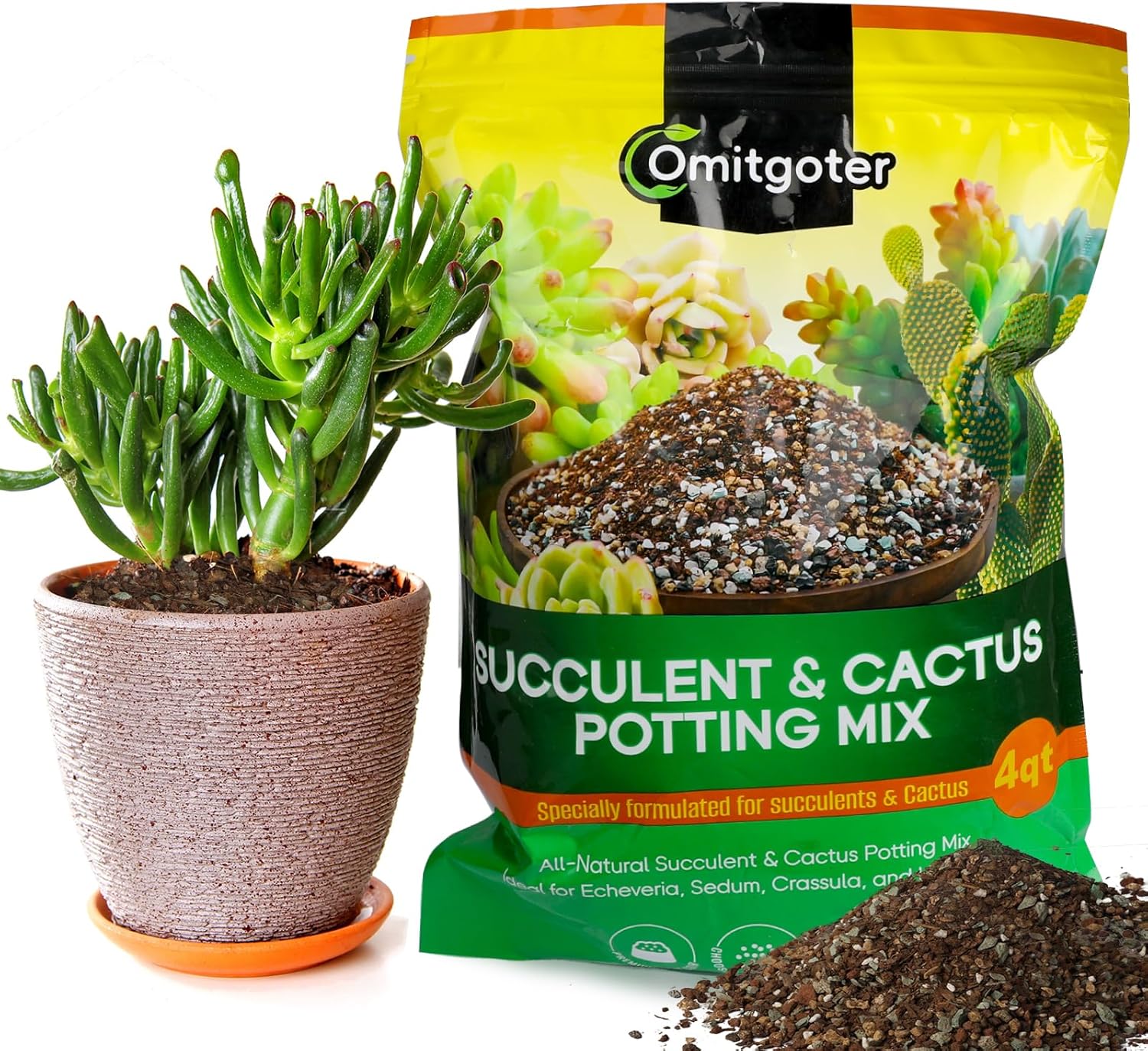Have you ever wondered how to improve the health and growth of your plants with minimal effort? If you’re searching for a way to enhance your gardening practices, whether you’re a seasoned green thumb or a budding enthusiast, “Expanded Clay Pebbles for Plants” might just be your best ally. This product offers a range of benefits—from drainage to aeration, root growth support, and nutrient retention. Let’s take an in-depth look at how these pebbles can transform your gardening experience.
What Are Expanded Clay Pebbles?
Expanded clay pebbles are small, lightweight balls of clay fired at high temperatures, forming a porous and durable grow medium. Known for their versatility and environmental benefits, they are widely used in hydroponics, aquaponics, and traditional potting.
The Composition
Expanded clay pebbles are made from natural clay, fired in kilns at temperatures as high as 2,000 degrees Fahrenheit. This process causes them to expand and form small, air-filled holes. These tiny pores make the pebbles both lightweight and highly absorbent.
Versatility in Gardening
Clay pebbles can be used in various gardening methods. They are perfect for hydroponics, aquaponics, and traditional soil gardening due to their excellent moisture retention and drainage capabilities. They are compatible with almost all types of plants.
| Feature | Benefits |
|---|---|
| Material | Natural clay |
| Process | Fired at high temperatures |
| Usability | Hydroponics, Aquaponics, Soil |
Benefits of Using Expanded Clay Pebbles
Incorporating expanded clay pebbles into your gardening routine offers multiple benefits that promote plant health and growth.
Drainage and Aeration
One of the standout features of expanded clay pebbles is their excellent drainage. They ensure that water does not pool at the bottom of pots, which can lead to root rot. Their porous nature also promotes aeration, allowing roots to breathe and grow more robustly.
Root Moisture Control
These pebbles help in regulating moisture around plant roots. They can absorb excess water and release it slowly, maintaining optimal moisture levels and preventing both over-watering and under-watering, which can harm plants.
Prevention of Soil Compaction
Soil compaction is a common issue that restricts root growth. By adding clay pebbles to your soil mix, you can maintain soil looseness and reduce clumping. This provides a supportive environment for roots to expand and absorb nutrients effectively.
Increased Nutrient Retention
Expanded clay pebbles help in stabilizing nutrient supply to plants. They absorb nutrients and release them over time, reducing the frequency of fertilization. This ensures that plants get a consistent supply of nutrients essential for their growth.
How to Use Expanded Clay Pebbles
Using expanded clay pebbles is straightforward. Here’s a step-by-step guide:
Setting Up in Hydroponics
- Rinse Before Use: Remove any dust or debris by thoroughly rinsing the pebbles.
- Layer It Out: Fill your hydroponic system’s basket or net pot with clay pebbles.
- Plant Insertion: Insert the plant’s roots or seeds into the pebbles.
Mixing with Soil
- Calculate Mixture Ratio: A typical mix involves 30% clay pebbles and 70% soil.
- Combine and Plant: Mix them with the soil and plant as usual.
Using as Top Dressing
- Even Spread: Spread the pebbles evenly on top of the soil in your plant pot.
- Check Regularly: Ensure they are not too deeply embedded in the soil for optimal airflow.
Ideal Plants for Expanded Clay Pebbles
Here are some plants that thrive when grown with expanded clay pebbles:
Orchids
Orchids, known for their air-loving roots, benefit greatly from the aeration properties of expanded clay pebbles.
Succulents
Succulents require well-drained soil, making them perfect candidates for the use of clay pebbles at the base of their pots.
Monstera and Pothos
These popular indoor plants thrive with controlled moisture and good drainage, provided by clay pebbles.
Environmental Impact
Using expanded clay pebbles is an eco-friendly choice. They are reusable and do not degrade over time, reducing waste compared to non-reusable growing mediums.
Benefits to the Environment
- Sustainable: Made from natural resources.
- Reusable: Long-lasting and can be cleaned and reused multiple times.
- Minimal Waste: Helps in reducing landfill contributions.
User Experiences and Feedback
Gardeners using expanded clay pebbles often have positive experiences, noting improvements in plant health and reductions in plant maintenance tasks.
Customer Reviews
Here’s what some users have said about using expanded clay pebbles:
- “My orchids have never looked better! The drainage and aeration provided by these pebbles are superb.”
- “They’ve reduced how often I need to water my succulents, which is great.”
- “Using them in my aquaponics setup was a game changer. My plants are thriving!”
Expert Insights
Experienced horticulturists often recommend expanded clay pebbles for their reliability in hydroponic and soil gardening. Their ability to enhance aeration and nutrient retention makes these pebbles a favored choice.
Economical Choice for Gardeners
While initial setup might have a cost, expanded clay pebbles prove to be economical in the long run due to their durability and reusability.
Cost-Effectiveness
Compared to other growing mediums, the longevity of clay pebbles reduces the need for regular replacements, allowing gardeners to save money over time.
Troubleshooting and Tips
Though generally trouble-free, using expanded clay pebbles can require some attention, especially if you’re new to them.
Common Issues
- Rising pH Levels: Over time, pH levels may increase. Consider monitoring and adjusting accordingly.
- Algae Growth: Exposed pebbles can allow algae to grow. Cover them or rinse regularly.
Best Practices
- Always rinse before use to remove dust.
- Replace pebbles every few growth cycles to maintain medium quality.
Conclusion
Choosing Expanded Clay Pebbles for Plants is a decision that benefits both your plants and your wallet. With their excellent drainage, moisture control, and environmental benefits, these pebbles are an invaluable asset in gardening. Their ease of use and low maintenance make them suitable for any gardener looking to optimize plant health and growth. If you’re committed to creating the best growing environment for your plants, expanded clay pebbles should undoubtedly be part of your gardening toolkit.
Disclosure: As an Amazon Associate, I earn from qualifying purchases.






